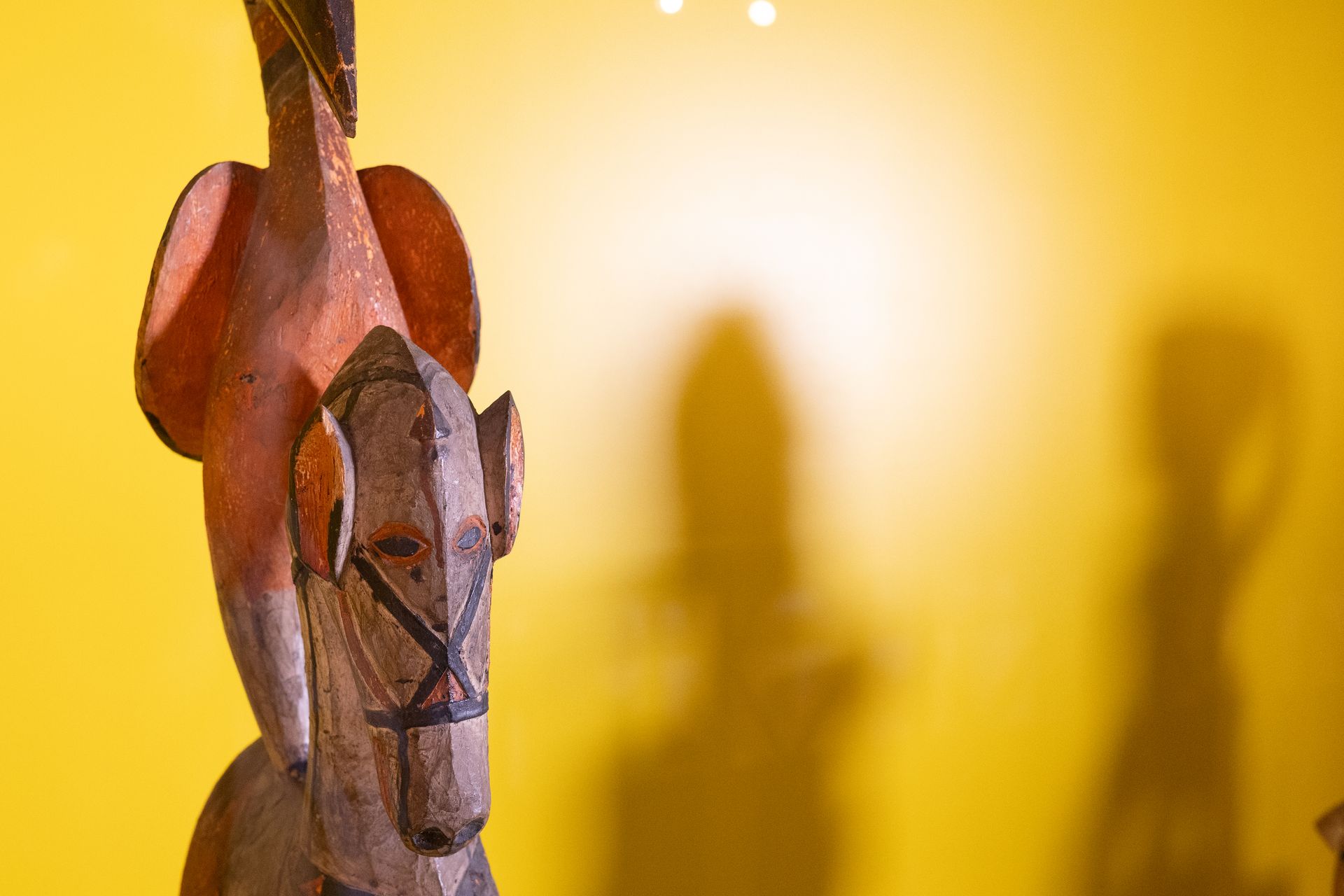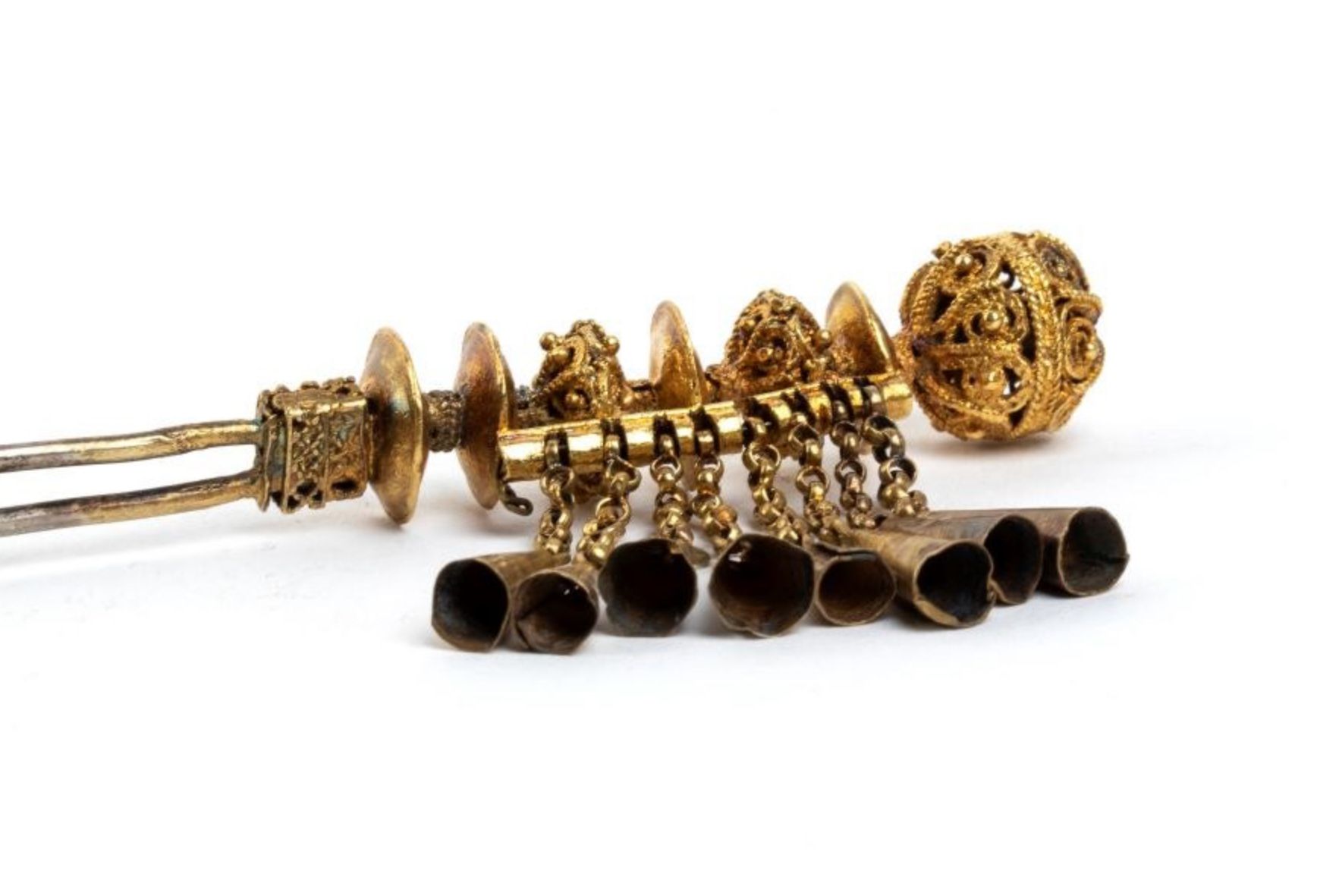Cultural Restitution
SHARE ARTICLE
Should the removal of broken pottery shards and stone fragments found by tourists lying on the surface of a major archaeological site constitute a crime punishable by death? In Iraq, apparently it does.
This week, two members of an organised archaeological tour group, retired British geologist from Bath, Jim Fitton, 66, and Volker Waldmann, a German tourist, appeared in a Baghdad court charged with the intention to export cultural items stolen from an Iraqi heritage site – a crime punishable by imprisonment and, in extreme cases, by execution. The pottery shards and stone fragments were collected during a visit to the ancient city of Eridu in southern Iraq. They were discovered by customs officials at Baghdad airport when the tour party’s baggage was searched on 20 March. Both men were arrested and have spent the last two months in a customs cell at Baghdad airport. Both deny they have committed any crime.
Established around 5400 BC, Eridu is a major Sumerian archaeological site located in the former marshlands of southern Mesopotamia, an area known locally as the Ahwar. Eridu is described by Sumerian texts as the first city, ‘the holy city, the dwelling of their [the other gods] delight’. Excavating beneath a large mound, archaeologists have unearthed eighteen different layers of settlements, spanning some 3,000 years of occupation. Eridu’s well-preserved temples (ziggurats) have always been a popular attraction for tourists and the entire Ahwar region of southern Iraq, which includes Eridu, was added to the World Heritage List in 2016.
At their next hearing, Fitton and Waldmann will need to convince the Court they were not acting with criminal intent and were not seeking to profit by collecting these fragments.
No matter how small or insignificant these fragments might have seemed to both men, it was insensitive of them to remove any item from such an important, sprawling temple complex. But it's even more outrageous that Iraq is seeking to impose a penalty of execution for such a minor infringement. Britain’s ambassador has raised the case with Iraqi officials four times and exercising this extreme penalty is thought to be unlikely. Nevertheless, it does appear that Iraq is set on a course to use this threat as an example to deter others.
It’s not uncommon for tourists visiting large archaeological complexes, especially those in in Egypt, North Africa and the Middle East, to encounter broken pottery shards and other minor ancient fragments lying on the surface of the ground. These are usually waste fragments dispersed from the spoil heaps of earlier excavations and are of little if any historical value. Notices warning against their removal and the presence of security guards usually deter casual looting. On this occasion, there are reports that a representative from Iraq's ministry for tourism and antiquities was present when Fitton's group visited the site, as well as guards from the ministry of the interior. However, it appears no steps were taken to prevent the collection of these shards and stones.
It was three weeks after they were arrested when the National Museum of Iraq announced these artefacts are of historical significance and because Fitton and Waldmann were caught taking them out of the country, the Iraqis are accusing them of trafficking: a crime punishable by execution.
We believe the adventure travel operator, Hinterland Travel, cannot escape their share of responsibility. Tour guides are responsible for enforcing correct protocols when leading clients onto important archaeological sites, ensuring their clients do not engage in theft or vandalism. The British tour director, 85 year-old Geoff Hann, had led many trips to Iraq over several years. But he suffered a stroke while leading this tour and died in a Baghdad hospital on 12 April. It's been suggested the medical evacuation he required was denied because he was wanted for questioning in the case.
After so much looting of their country’s national patrimony, first during the Gulf War in the 1990s then again during the Iraq War in 2003, it’s not surprising Iraq is keen to protect itself against random acts of theft, as well as to crack down on organised gangs of looters and art traffickers. This new vigilance has to be applauded.
But penalties must always be proportionate and the collection of scraps of discarded pottery or stone hardly represents a threat to the integrity of an archaeological site or Iraq's cultural heritage. We hope proportionality and a sense of fair justice is applied by the Iraqi court later this month to secure an early release for Messrs Fitton and Waldmann.
After this was written.....
A second hearing was held on Monday 6 June when Jim Fitton was sentenced to 15 years in jail after being convicted under a 2002 law of smuggling the ancient shards and fragments of stone he collected at Eridu. The German tourist, Volker Waldmann, was acquitted. Thair Soud, Mr Fitton's lawyer, attempted to argue this Saddam-era law should not have applied to this case. He also maintained the shards and stone fragments were too small to be significant and were of no archaeological value. However, both pleas were dismissed by the Court. His family have been left "stunned", saying a 15-year jail sentence for Mr Fitton is tantamount to a death sentence. They plan to appeal against the verdict on the grounds this law has been applied wrongly to Fitton's case. The law was intended to safeguard wilful theft of archaeological items of real value and shouldn't apply to abandoned items of no monetary or archaeological value.
Latest Developments.....
Iraq's Court of Cassation met in July '22 and overturned the wrongful conviction of Jim Fitton and his 15-year jail sentence for smuggling antiquities.



